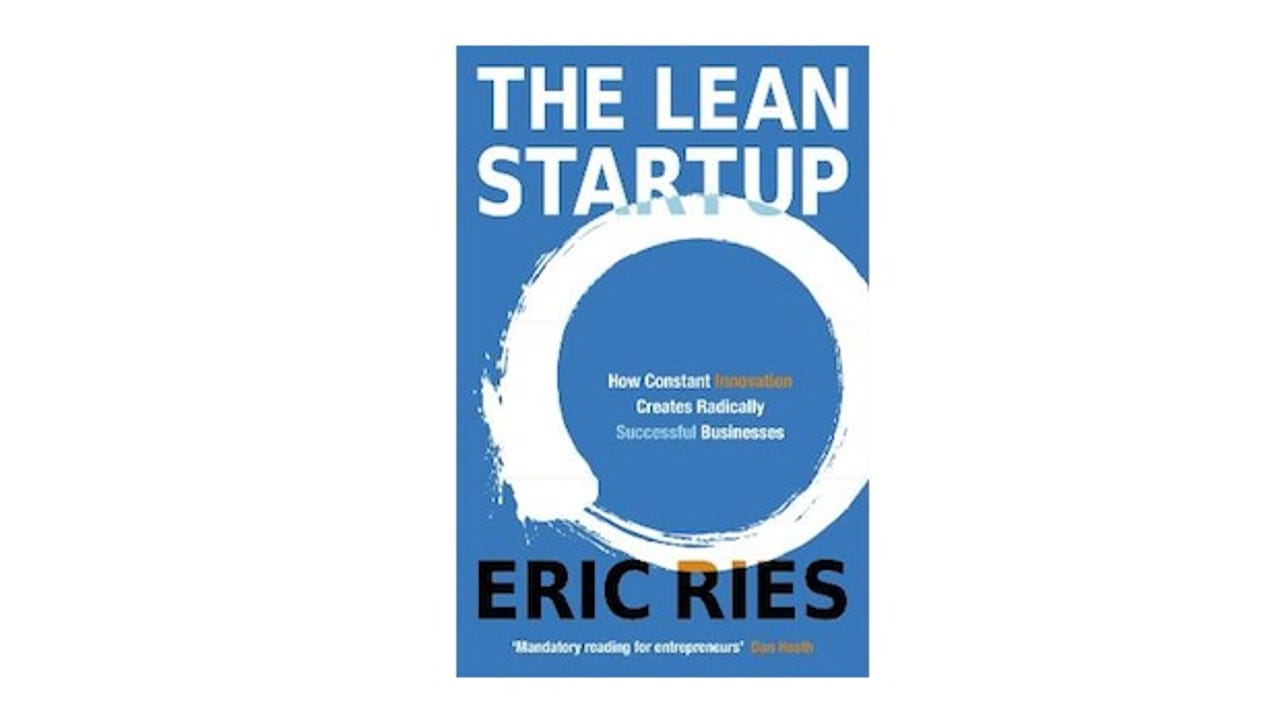Book review: The Lean Start-Up

Whenever possible, learn from other people's failures — it's cheaper than learning from your own. Eric Ries didn't have this advantage when, as a Yale undergraduate, he co-founded Catalyst Recruiting. That company ran out of money in the dot-com bust.
"We were doomed from day one," he writes in The Lean Start-Up: How Constant Innovation Creates Radically Successful Businesses, "because we did not know the process we would need to use to turn our product insights into a great company." As a result of this and other experiences both bad and good, he concludes two things. First: the reality that 90 percent of start-ups fail is wasteful — of energy, talent, money and ideas. Second: that the process of creating a successful company can be learned and planned. What matters, he writes, is the "boring stuff" like management and logistics, rather than the mythology of being a visionary in the right place at the right time. Without managerial discipline, vision will get you nowhere. Ries's current company, IMVU, provides 3D avatars to some 50 million users.

In fact, vision can be the problem. When IMVU started, Ries writes, no one wanted it. After the company resorted to bringing people into its lab to try to pinpoint the problem, he found it was a social issue. People didn't want to risk sharing with their friends until they'd established whether the thing was 'cool' or not. After enough of these encounters, the company created a single-user mode and then a random chat button. "We had a mental model for how people use software that was years out of date."
Ries defines the lean start-up as "an organisation designed to create new products and services under conditions of extreme uncertainty". Note the organisation may be any size — his worked examples include products created at IBM (the PC) and Intuit (SnapTax). The key question is how to distinguish the value-creating efforts from the wasteful ones. After all, you can eliminate all the bugs you like in a piece of software, but if it's the wrong software no one will care. Because customers so often can't imagine a truly new solution to a problem, Ries favours small-scale experiments that can reveal what customers will do, rather than market research. Start, he says, with an MVP — a 'Minimum Viable Product'. From there, issue constant improvements and iterations that test the assumptions you're making.
In creating a company, most entrepreneurs reach a point where they have to decide whether to stick with their original idea ("persevere") or change tack ("pivot"). Both Flickr and Twitter were sidelines for the companies that created them, while dogged persistence kept Amazon.com founder Jeff Bezos on track through the early years of losses.
This book won't tell you the nuts and bolts of starting a business — for that, UK readers should consider former Daily Telegraph business writer Michael Becket's The Daily Telegraph Guide to Starting Your Own Business. But it should give you a template for analysing and solving the problems you will inevitably encounter. If only Ries hadn't used Groupon as an example of success…
The Lean Start-Up: How Constant Innovation Creates Radically Successful Businesses By Eric Ries Penguin 320 pages ISBN: 978-0-670-92160-7 £14.99